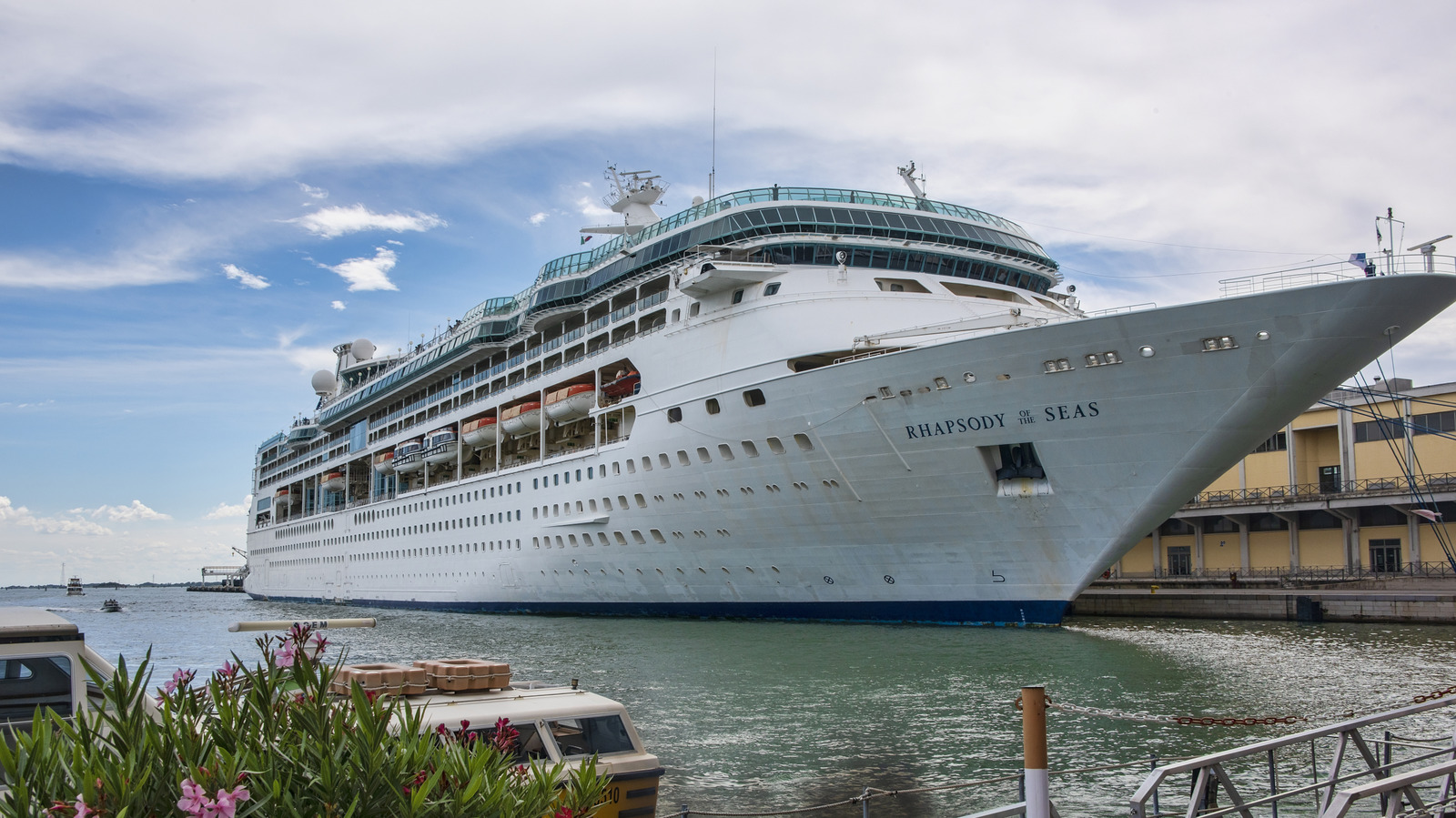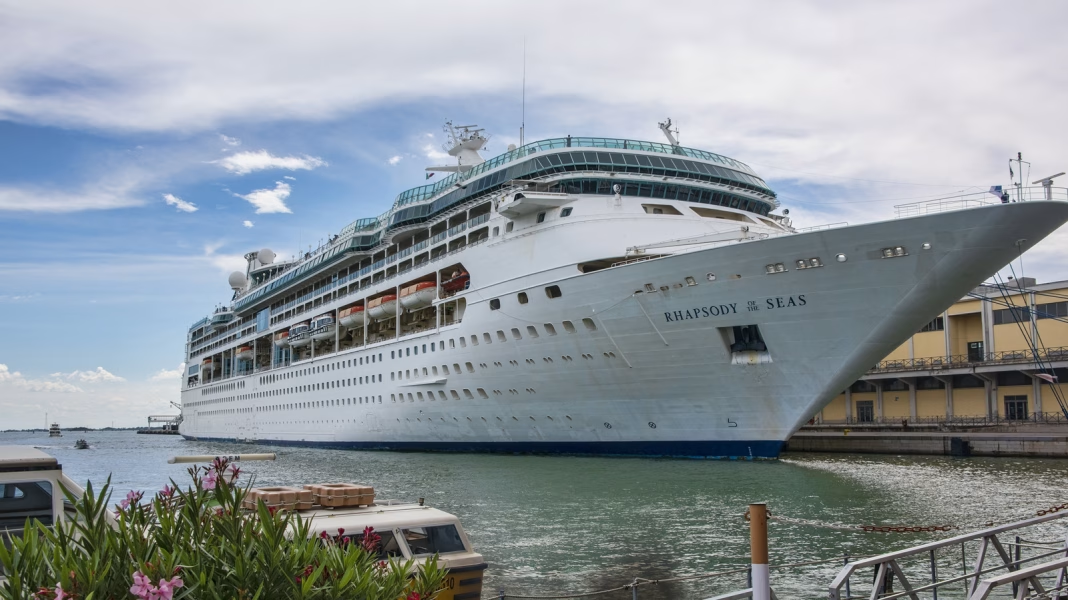Why Would Someone Jump Off a Cruise Ship to Dodge Customs?
Picture this: you’re on a luxury cruise, the sun’s shining, and suddenly, chaos erupts. A man leaps overboard as the ship docks, all to avoid declaring $14,600 to customs. Sounds like something out of a movie, right? But it’s a real scenario that raises a surprisingly common question—why would someone go to such extremes just to sidestep customs regulations?
The answer, in part, lies in the strict rules around declaring large sums of cash when entering or leaving a country. Most ports require travelers to report amounts over $10,000. This isn’t just bureaucratic red tape—it’s a serious measure to combat money laundering, tax evasion, and illegal gambling proceeds. So, if someone’s carrying more than the legal limit, they face hefty fines, possible seizure of the money, and even criminal charges. For some, the risk of losing a small fortune or facing legal trouble feels scarier than taking a literal leap into the unknown.
What Happens If You Don’t Report Large Sums of Cash at Customs?
Let’s get specific. If you’re caught failing to declare more than $10,000 in cash or monetary instruments, customs officials can confiscate the entire amount. According to the U.S. Customs and Border Protection, this isn’t just a slap on the wrist—violators can face criminal prosecution, and the burden of proof falls on the traveler to show the money’s legitimate origin.
Recent data from the Financial Crimes Enforcement Network (FinCEN) shows that in 2023 alone, U.S. customs seized over $70 million in undeclared cash at ports of entry. That’s not pocket change. And it’s not just about the money—criminal records, travel bans, and even jail time can follow.
Is Gambling Debt a Common Reason for Customs Evasion?
Gambling and cruises often go hand-in-hand. Many ships feature casinos, and for some passengers, the stakes get high—sometimes too high. If someone racks up a significant gambling debt or wins big, they might try to bring their winnings home in cash. But here’s the catch: gambling winnings are subject to the same customs rules as any other cash.
There have been several high-profile cases where travelers tried to sneak undeclared casino winnings past customs, only to be caught. In one instance, a cruise passenger attempted to smuggle $50,000 in chips off the ship, only to have them confiscated at the port. The lesson? Whether it’s winnings or debt repayment, customs doesn’t care where the money came from—they care that it’s reported.
What Are the Real Risks of Jumping Overboard?
Jumping off a cruise ship isn’t just illegal—it’s incredibly dangerous. The average cruise ship stands about 60 feet above the waterline. Hitting the water from that height is like hitting concrete. Survival rates are low, and even if you make it, hypothermia, drowning, or being sucked under the ship are real threats.
Beyond the physical danger, there are legal consequences. Maritime law treats jumping overboard as a criminal act, often resulting in fines, arrest, and a permanent ban from cruise lines. Plus, the ship’s crew must launch a full-scale search and rescue, diverting resources and potentially putting others at risk.
How Do Customs Officials Detect Undeclared Cash?
Customs agents are trained to spot nervous behavior, inconsistencies in travel stories, and unusual patterns in luggage or spending. They use a mix of old-school observation and high-tech tools—think X-ray scanners, currency-sniffing dogs, and even advanced data analytics that flag suspicious transactions.
According to a 2022 report from the World Customs Organization, increased use of AI-driven screening has led to a 30% rise in cash seizure cases worldwide. So, while some travelers think they can outsmart the system, the odds are stacked against them.
Can You Legally Travel With Large Amounts of Cash?
Absolutely—but transparency is key. If you’re carrying more than $10,000, declare it at customs. You’ll fill out a simple form, explain the source of the funds, and, in most cases, be allowed to proceed. The process is designed to catch illegal activity, not punish honest travelers.
Experts recommend using wire transfers or traveler’s checks for large sums, which are easier to track and less likely to raise suspicion. If you do need to carry cash, keep documentation handy—bank withdrawal slips, casino receipts, or proof of winnings can make the process smoother.
What Can Travelers Learn From This Incident?
The big takeaway? Avoiding customs isn’t about clever tricks or risky stunts—it’s about making smarter, safer choices. If you’re traveling with a large amount of cash, honesty really is the best policy. Start with one change this week: review your travel plans, know the rules, and if you’re carrying extra cash, declare it. You’ll save yourself a world of trouble—and maybe even a leap into the unknown.


